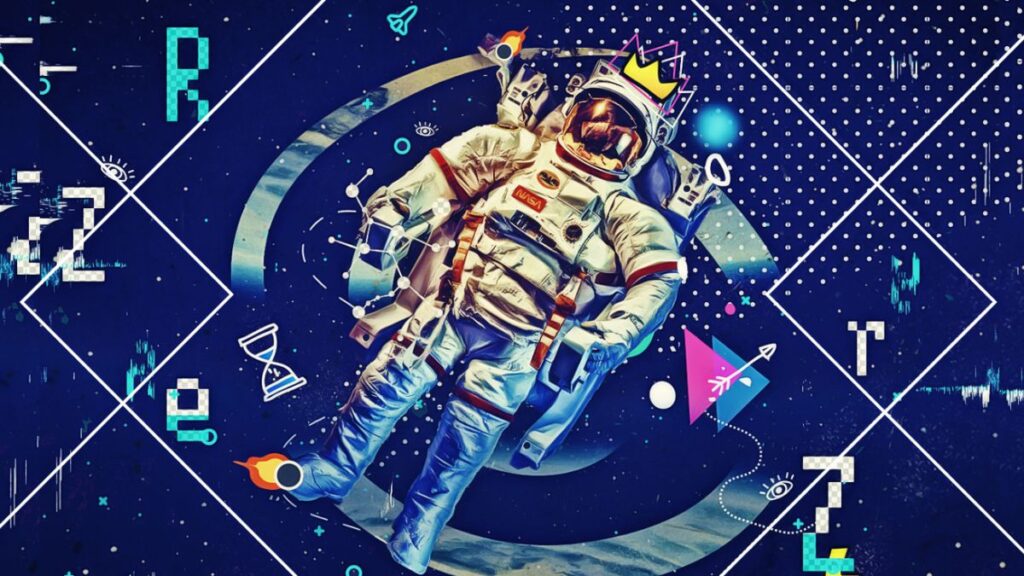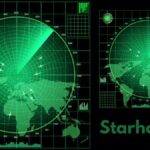Chapter One: The New Oracle in Town
In a time when everything from your coffee order to your love life can be outsourced to artificial intelligence, it was only a matter of time before astrology—the 3,000-year-old celestial system once reserved for mystics and moon-gazers—got a silicon soul of its own. Meet the astrologer bot, the latest digital phenomenon blending zodiacal wisdom with neural networks, tarot decks with code stacks, and stargazing with data scraping.
We’re not talking generic horoscope copy-paste jobs from magazine back pages. These are sophisticated AI-driven astrologers built to scan your birth chart, parse planetary alignments in real time, and deliver eerily specific insights with the precision of a quantum clock. They’re part therapist, part data analyst, part fortune teller—and they never sleep.
But are they legit cosmic guides or just dressed-up chatbots with a flair for vague generalities? And what happens when we hand over our inner emotional weather reports to a machine?
Let’s decode the future.
Chapter Two: A Brief Constellation of History
Astrology has always been about pattern recognition. For centuries, astrologers meticulously charted the heavens and cross-referenced cosmic movements with human affairs. Kings consulted court astrologers. Empires were built (and supposedly crumbled) on star-crossed decisions.
Now swap the dusty observatory for a GPU-powered server farm, and what do you get? The astrologer bot: a product of machine learning models trained on vast amounts of horoscopic data, psychology, and behavioral patterns.
Think of it as the Netflix recommendation engine for your soul’s purpose.
The earliest iterations of astrologer bots were little more than digital fortune cookies. But today’s top-tier models—like Co–Star’s AI astrologer or the ultra-personalized features of The Pattern—run on real-time NASA data, deep birth chart analysis, and complex algorithmic interpretation. It’s not mysticism anymore—it’s astro-metrics.
Chapter Three: How the Astrologer Bot Works
Let’s demystify the digital crystal ball.
A high-functioning astrologer bot typically pulls from three core systems:
-
Astronomical Data Engines: These bots ingest and interpret real-time planetary movements. They’re synced with ephemerides—celestial coordinate maps used by professional astrologers—to determine where planets are at any given moment.
-
AI-Powered Interpretation Models: Using natural language processing (NLP), the bot translates complex astro-phenomena into digestible, user-specific insights. Think “Mars trine Venus in the 7th house = a good day for romantic boldness,” rendered into something more poetic, punchy, and eerily relevant.
-
Behavioral Feedback Loops: Many astrologer bots now use feedback learning. If users confirm a forecast or resonate with an interpretation, the model adjusts its tone and style accordingly. Over time, it grows more attuned to the individual’s emotional and behavioral patterns—making the experience feel deeply personal, almost psychic.
Some advanced bots even draw from psychology frameworks—like the Big Five Personality Traits or Jungian archetypes—to add depth to their predictions.
The result? A bot that knows your rising sign, your tendency to ghost people during Mercury retrograde, and the optimal lunar phase to launch your Etsy candle business.
Chapter Four: Spirituality or Simulation?
Critics of astrologer bots argue they strip the soul out of the sacred. Can an algorithm truly interpret the nuance of Saturn returns, or feel the spiritual gravity of a Scorpio moon? Can a bot channel intuition, or just replicate it?
But supporters say that’s missing the point. The astrologer bot isn’t replacing the sacred—it’s democratizing it. By lowering the barrier to entry, these bots put the power of the stars in everyone’s pocket. No need for a $200 natal chart reading. No more decoding glyphs and planets in Latin. Just your birth time, a smartphone, and a Wi-Fi signal.
And for the spiritually skeptical? The astrologer bot can still serve a purpose. Astrology, even in human hands, has always been more art than science. The bot reframes this art with a digital brushstroke—offering structure, insight, and meaning in a chaotic world.
It’s less about destiny, more about data-driven reflection.
Chapter Five: Use Cases You Didn’t See Coming
Let’s be clear: astrologer bots are not just for retrograde memes and zodiac compatibility quizzes.
They’re being deployed in a growing number of innovative—and sometimes unexpected—ways:
-
Mental Health & Journaling Apps: Several wellness platforms now embed astrologer bot features into mood trackers, helping users reflect on emotional patterns and align actions with lunar cycles.
-
Dating Platforms: AI-driven astrology is being used to power matchmaking algorithms. Instead of just swiping based on looks or bios, bots cross-analyze star charts to calculate cosmic compatibility.
-
Business Coaching: Believe it or not, some entrepreneur platforms now offer astrologer bot insights to guide product launches, pitch meetings, and leadership decisions. “When to strike” meets “what’s your Saturn saying?”
-
Creative Planning Tools: Writers, artists, and musicians are consulting bots to align creative bursts with planetary energies. It’s workflow, astrologized.
-
Spiritual Retreat Planning: Organizers of digital detoxes and lunar ceremonies use astrologer bots to pick “energetically potent” days.
The applications are multiplying as quickly as the daily downloads.
Chapter Six: The Ethical Eclipse
Of course, it’s not all moonbeams and stardust. The rise of the astrologer bot poses some serious ethical questions.
-
Data Sensitivity: Your full birth data—especially birth time—is highly personal. Bots that store or analyze this info risk privacy violations if not secured.
-
Emotional Dependency: Some users report checking their astro forecasts before making any major decision. Critics worry about bots encouraging dependency, disempowerment, or passive living.
-
Algorithmic Bias: If an astrologer bot’s training data is culturally biased, it may offer skewed or incomplete interpretations. Astrology is inherently interpretive—if AI isn’t trained across diverse perspectives, the results can be culturally narrow.
-
Spiritual Exploitation: Some platforms package AI astrology as mystical gospel, without disclosing how much is machine-generated. That murky line between inspiration and manipulation? It’s getting blurrier.
Transparency, consent, and user education must be part of the astro-AI toolkit.
Chapter Seven: Enter the Next Generation
So, where is the astrologer bot heading?
We’re on the cusp of hyper-personalized astrology, where bots blend predictive analytics with real-time lifestyle data. Imagine an astrologer bot integrated with your Apple Watch: it tracks your sleep, your heart rate, your stress levels—then tells you whether it’s the stars or your blood sugar making you feel moody.
Or voice-activated astro assistants (“Alexa, when should I end this toxic situationship?”). Or even bots that evolve over time with you—learning your habits, cycles, and contradictions like a digital confidante.
Some developers are already exploring synthetic astrology personalities—customizable bot astrologers that match your energy: the gentle guide, the sassy truth-teller, the cosmic grandma who never holds back.
With generative AI advancing rapidly, future astrologer bots might even analyze your tone, texting behavior, and dream logs to deliver readings that feel like intuitive conversations.
Astrology, once handwritten on papyrus and whispered by mystics, may soon be delivered by an avatar with smoky eyes and a velvet voice—streamed to your neural implant.
Chapter Eight: Will We Trust the Machine Mystic?
At its core, the astrologer bot invites us to confront a deeply human question: where does meaning come from?
Is it preordained in the stars, embedded in ancient symbology? Or can a machine, trained on terabytes of historical horoscopes and human emotion, reflect our inner truth just as well?
For some, the bot is a betrayal of the sacred. For others, it’s a modern oracle—unbiased, always on, and eerily accurate. But for most, it’s something in between: a tool for reflection, a mirror held up to the psyche, wrapped in celestial syntax and served via push notification.
One thing is certain: the astrologer bot isn’t going away. It’s adapting, evolving, and integrating—just like us.
And maybe, just maybe, it’s teaching us how to read the stars all over again.
Final Forecast: Part Human. Part Code. All Cosmic.
The astrologer bot isn’t here to tell us what will happen. It’s here to help us ask better questions about who we are, what we want, and how we move through the cosmos. Whether you’re a full-moon fanatic, a skeptic scanning your rising sign for fun, or a spiritual seeker in a digital age, one thing’s clear:
The stars are talking.
And now, so is your bot.






